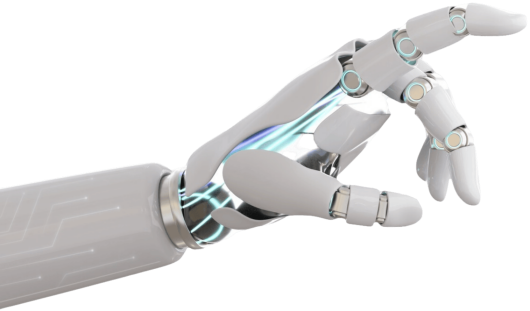
Decoupling techniques based on state variable concepts are appreciated by the control system theorists but up to now their application to practical cases is still under try. The point is that, the entries of the state, input and output matrices of the state space representation arc regarded as exactly known numerical values while practicing engineers have to cope with varying parameters and more generally, with unavoidable uncertainties. Recently, in order to overcome these disadvantages of the space state theory, Reinschke proposed a graph-theoretic approach to the decoupling problem. The necessary and sufficient conditions for decoupling are directly interpreted in terms of properties of the digraph associated with the state space equations. Moreover using digraphs gives a good insight into the structural nature of the decoupling property, showing how the feedback coefficients offset the original coupling between the terminal variables of the plant. Unfortunately to apply the Reinschke design method it is necessary that the digraph associated with the plant equations presents a particular structure. This condition is severe and seldom satisfied in practice. The aim of this paper is to overcome the limitations of the Reinschke approach. The main idea is to transform the plant equations into a properly chosen canonical form before associating the digraph with them. Any system which can be decoupled by state feedback controller can be reduced in such a canonical form which belongs to the class for which it is possible to apply the Reinschke design method. The paper shows an application of the proposed approach to the synthesis of the controller of a synchronous machine supplying an infinite busbar. The example illustrates the effectiveness and easiness of the method.
MIMO Systems, Control Systems, Graph Theory